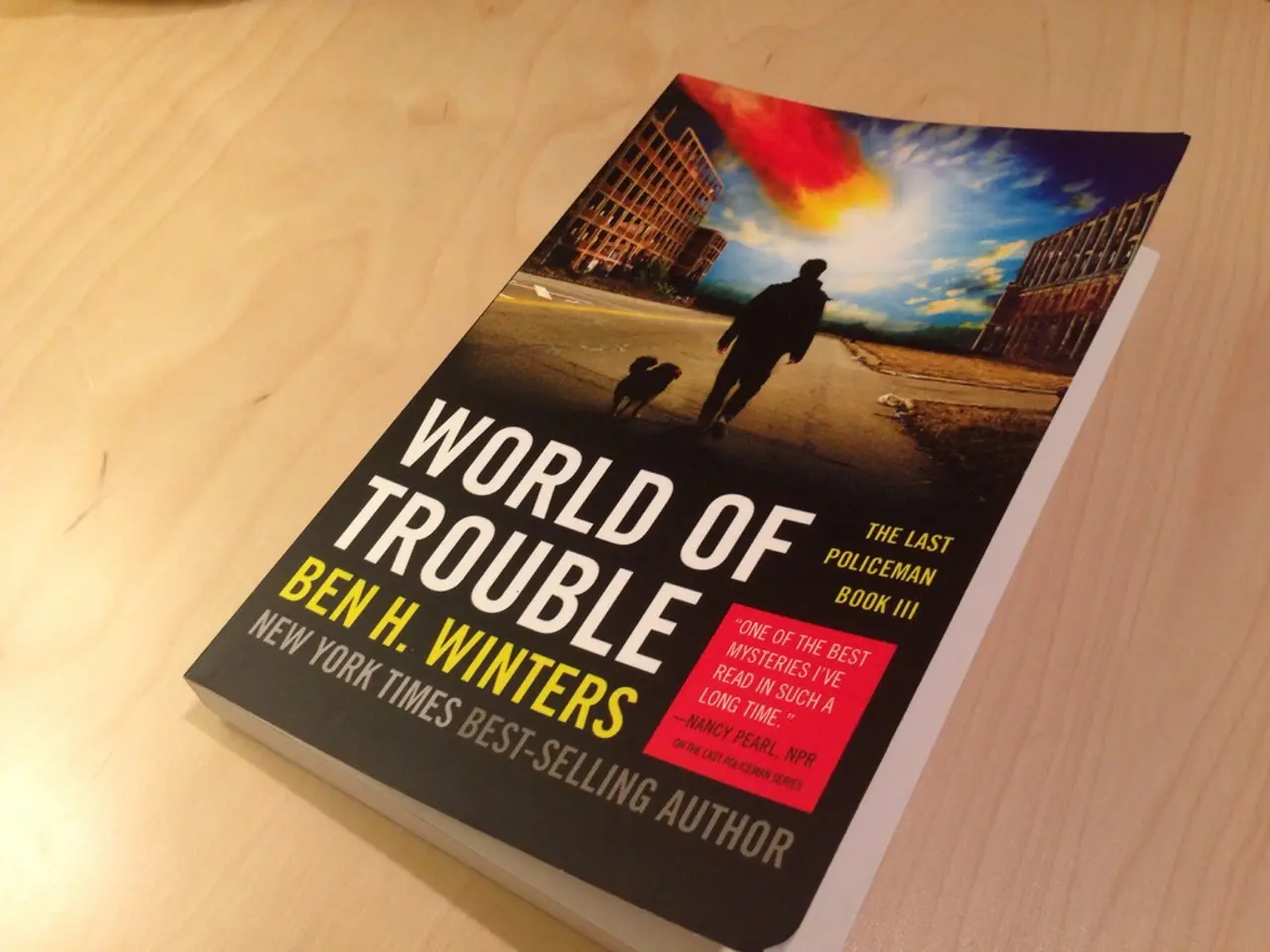Customs authorities in Kuwait reiterate their dedication to countering illicit drug trafficking.
The General Administration of Customs is stepping up its game in the fight against drug abuse and illicit trafficking. On the International Day Against Drug Abuse and Illicit Trafficking, they issued a statement declaring their unwavering commitment to protecting the nation from the harmful effects of drugs by beefing up inspections at all border crossings and ports.
In the statement, the administration emphasized the delicate balance they must maintain: facilitating legal trade while enforcing stringent security measures. They made it clear that battling drug abuse is not just the job of security forces but requires the active participation and collaboration of the entire community.
The statement also underlined the need for early awareness, psychological and social support for at-risk groups, and creating a safe and nurturing environment that encourages individuals to steer clear of addiction and damaging behaviors.
In their war on drugs, customs officials are no longer relying solely on traditional methods. They've realized the power of technology and are using AI and big data analytics to enhance their anti-smuggling capabilities. For example, the AI-based Image Analysis System, installed on hundreds of non-intrusive inspection (NII) devices, can automatically detect hidden contraband – from drugs to endangered species and more. This technology has resulted in significant seizures and the prevention of smuggling activities.
Moreover, the "Big Data Smart Screening Project" improves risk assessments by fine-tuning them based on commodity data, aiding in targeted enforcement actions and reducing revenue evasion. The use of AI-driven intelligent targeting models has significantly increased seizure rates compared to manual targeting methods.
It's also worth mentioning that customs officials are not working alone in this mission. They collaborate extensively with domestic and international stakeholders, including agencies like Customs and Border Protection (CBP), Homeland Security Investigations (HSI), and the Drug Enforcement Administration (DEA) in the U.S. These collaborations result in joint investigations, intelligence sharing, and enforcement actions aimed at dismantling drug trafficking networks.
Lastly, customs initiatives are designed to balance strong enforcement with the facilitation of legal commerce. By creating a secure and efficient customs environment, they support economic activities and reduce vulnerabilities that can be manipulated by traffickers, contributing to community stability and safety.
In summary, the General Administration of Customs is taking on drug abuse and trafficking through the integration of cutting-edge technologies like AI and big data, extensive collaboration with international law enforcement agencies, and fostering a secure trade environment that promotes community well-being. Their multi-faceted approach underscores the importance of stakeholder collaboration and the use of scientific tools to create supportive environments against illicit drug flows, aligning with global best practices in customs enforcement and drug trafficking interdiction.
The General Administration of Customs' anti-drug efforts involve not only enforcement but also collaboration, as they recognize the necessity of community involvement in the fight against drug abuse and illicit trafficking. This focus extends to cooperation with domestic and international agencies like Customs and Border Protection (CBP), Homeland Security Investigations (HSI), and the Drug Enforcement Administration (DEA).
In addition, the administration is leveraging policy-and-legislation by implementing technological innovations such as AI and big data analytics to beef up their anti-smuggling capabilities, which is a crucial element of their politics in general-news and crime-and-justice sectors.





